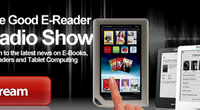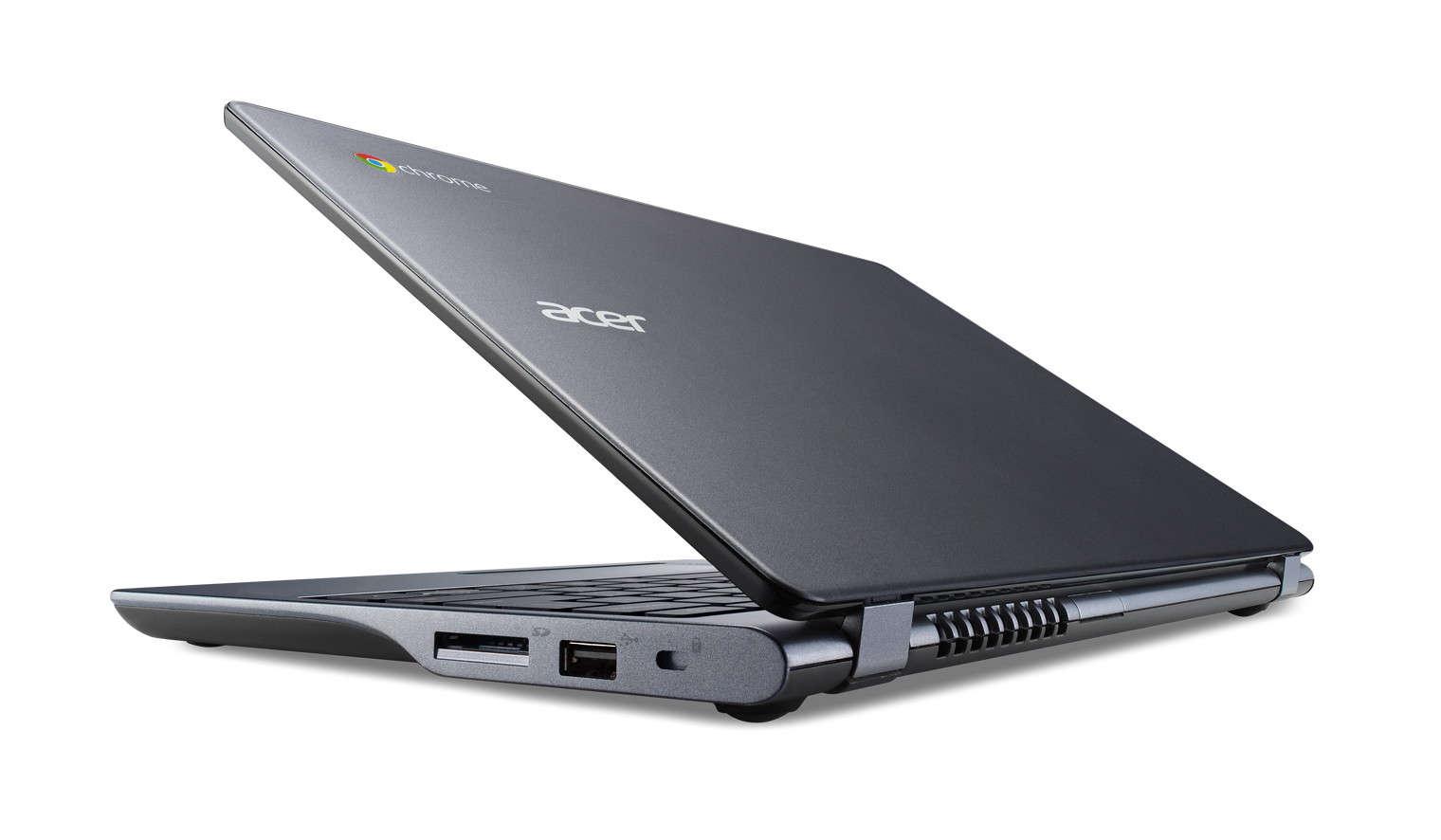With 2013 drawing to a close, it’s that time of the year to look back at how the tech scene has fared. With special emphasis on the personal computing segment and tablet devices in particular, the iPad has emerged as the most used tablet, outselling every other brand by a comfortable margin. However, while this can be expected, what has come as a surprise is the rise in sales of Chromebooks that has now outstripped that of the MacBook Air by five to one.
The iPad accounted for 15.8 percent of all personal computing device sales, which can be a good measure of the clout that Apple wields in the tablet segment. That figure is far more than any single brand of tablet sold on the planet while being almost twice that of its competitors. Android and Windows account for 8.7 and 2.2 percent of the tablet segment, respectively. However, what should still be worrying Apple is that both Android and Windows have registered more than a two fold increase in sales of tablet devices compared to a year ago (respective sales of Windows and Android tablets have been 0.8 and 4.2 percent in 2012). In comparison, iPad sales declined 1.3 percent from the 17.1 percent sales that Apple tablet had registered in 2012.
However, what should be pinching Apple even more is the emergence of Chromebook, that has risen from virtual obscurity to the limelight in just about a year’s time. Chromebooks have gone on to register sales of 1.76 million, which represents a 22.72 percent jump over the 400,000 Chromebooks sold in 2012. With its portion now 21 percent of the entire notebook segment is worrisome enough for both Apple and Microsoft, with the latter even more precariously poised in the fast changing computing landscape. While Apple can take some solace from the sale of its iPad devices, Microsoft is yet to establish a firm foothold in the tablet and smartphone segment while its traditional forte, that of desktops and notebook/laptops, is fast eroding.
With Chromebooks, Google has a winning formula that neither Apple nor Microsoft can match. Chromebooks run on Chrome, a web based OS which like Android is devoid of license fees, which helps drive down price. Further, with the Chrome OS being web based, the entire focus is on online apps, which again nullifies the need for the device to have high end specs, another cost saving option for the manufacturers. All in all, the Chromebooks present a win-win situation for both consumers and manufacturers, which has just added another layer of concern to traditional players such as Apple and Microsoft.
With a keen interest in tech, I make it a point to keep myself updated on the latest developments in technology and gadgets. That includes smartphones or tablet devices but stretches to even AI and self-driven automobiles, the latter being my latest fad. Besides writing, I like watching videos, reading, listening to music, or experimenting with different recipes. The motion picture is another aspect that interests me a lot, and I'll likely make a film sometime in the future.

